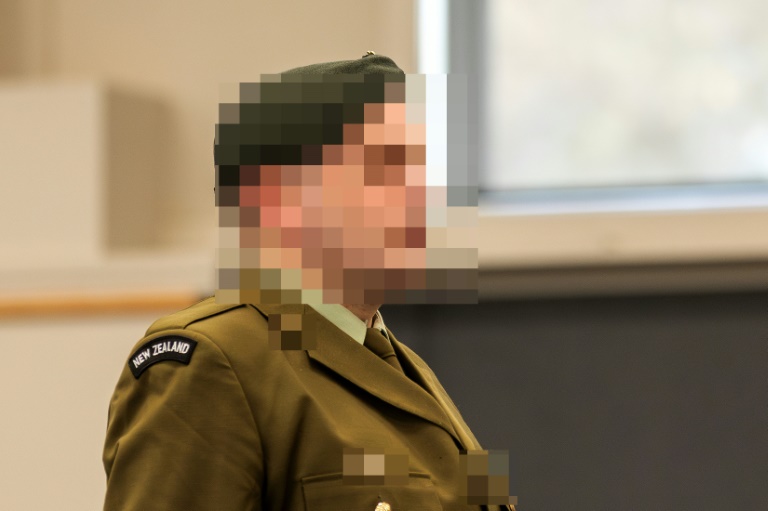World
New Zealand Soldier Receives Two-Year Sentence for Espionage

A military court in New Zealand has sentenced a soldier to two years’ detention for attempted espionage on behalf of a foreign power. The soldier, whose identity remains suppressed, acknowledged his involvement in accessing a military computer system for dishonest purposes, as well as possessing objectionable material. The court martial convened at Linton Military Camp, near Palmerston North, revealed that the soldier had provided sensitive military base maps and photographs to an undercover officer posing as an agent for the foreign nation.
During the proceedings, it was disclosed that the soldier had been in possession of a livestreamed video of the tragic events on March 15, 2019, when Brenton Tarrant killed 51 worshippers at two mosques in Christchurch. Following the Christchurch attack, the soldier became a focus of police investigations targeting right-wing extremist groups, which he was allegedly a part of. The court heard that authorities learned he had “made contact with a third party, indicating that he was a soldier who was wanting to defect,” as stated in a summary presented by the prosecution.
This case marks a significant milestone, being the first espionage conviction in New Zealand’s history. The soldier was arrested in December 2019 and had been under what the New Zealand Defence Force termed “open arrest” for nearly the entirety of that period. He spent his time living on an army base, subject to a curfew, and was suspended from duty on full pay, amounting to over US$230,000 (NZ$400,000) since his arrest.
Despite the circumstances, the soldier experienced personal milestones during this time, marrying his wife and welcoming two children, with a third child expected soon. The court has opted to permanently suppress the identity of the foreign nation involved, leaving many questions unanswered.
The implications of this case resonate deeply within New Zealand, highlighting security concerns and the impact of extremism within the military. The sentence reflects the judiciary’s stance on national security and the importance of safeguarding sensitive information against espionage activities.
-

 Science3 months ago
Science3 months agoToyoake City Proposes Daily Two-Hour Smartphone Use Limit
-

 Top Stories3 months ago
Top Stories3 months agoPedestrian Fatally Injured in Esquimalt Collision on August 14
-

 Health3 months ago
Health3 months agoB.C. Review Reveals Urgent Need for Rare-Disease Drug Reforms
-

 Technology3 months ago
Technology3 months agoDark Adventure Game “Bye Sweet Carole” Set for October Release
-

 World3 months ago
World3 months agoJimmy Lai’s Defense Challenges Charges Under National Security Law
-

 Lifestyle3 months ago
Lifestyle3 months agoVictoria’s Pop-Up Shop Shines Light on B.C.’s Wolf Cull
-

 Technology3 months ago
Technology3 months agoKonami Revives Iconic Metal Gear Solid Delta Ahead of Release
-

 Technology3 months ago
Technology3 months agoApple Expands Self-Service Repair Program to Canada
-

 Technology3 months ago
Technology3 months agoSnapmaker U1 Color 3D Printer Redefines Speed and Sustainability
-

 Technology3 months ago
Technology3 months agoAION Folding Knife: Redefining EDC Design with Premium Materials
-

 Business3 months ago
Business3 months agoGordon Murray Automotive Unveils S1 LM and Le Mans GTR at Monterey
-

 Technology3 months ago
Technology3 months agoSolve Today’s Wordle Challenge: Hints and Answer for August 19









